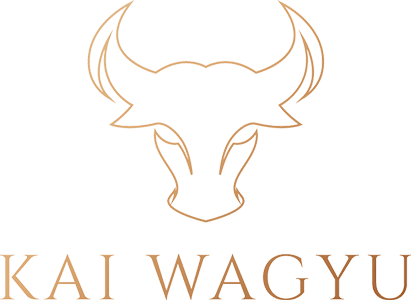Authentic Wagyu: How to Avoid Fake Products

Wagyu is considered one of the most luxurious meats in the world, renowned for its marbling, tenderness, and rich flavor. However, with such high demand comes the risk of fraudulent practices, with many sellers attempting to pass off lower-quality beef as authentic wagyu. In this post, we’ll give you some tips on how to avoid fake wagyu and ensure that you’re getting the real deal.
Look for Authentic Certification
The easiest way to avoid fake wagyu is to look for authentic certification. The Japan Meat Grading Association (JMGA) is the most reputable and internationally recognized certification body for wagyu. Look for a certification stamp on the beef packaging, which indicates the grade of the beef and the location of the farm where the animal was raised.
Check the Label Carefully
Make sure to read the label carefully when buying wagyu. Some sellers may label their beef as “Kobe-style” or “wagyu-style,” which can be misleading. Authentic wagyu will have clear labeling indicating the exact breed and grading of the beef.
Research the Seller
Do your research and check the seller’s reputation before making a purchase. Look for reviews and recommendations from other customers, and check if the seller is affiliated with any reputable organizations or certification bodies.
Be Wary of Low Prices
Authentic wagyu is expensive, so be wary of low prices. If the price seems too good to be true, it probably is. Cheap wagyu may be lower-quality or even counterfeit.
Know the Origin
Authentic wagyu comes from specific regions in Japan, such as Kagoshima, Miyazaki, or Hokkaido. If a seller claims to have wagyu beef from a different region, it will likely be fake.
Trust Your Senses
When you’re buying wagyu, trust your senses. Authentic wagyu beef has a distinctive marbling pattern, which makes it very tender and juicy. It should also have a rich, beefy flavor and a buttery texture. If the beef doesn’t look, smell, or taste like wagyu, it will likely be fake.
In conclusion, with some research and knowledge, you can avoid buying fake wagyu and ensure that you’re getting the real deal. Always look for authentic certification, check the label carefully, research the seller, be wary of low prices, know the origin, and trust your senses. By following these tips, you can enjoy wagyu’s unique and exquisite taste without worrying about getting ripped off.
